Home>diy>Building & Construction>What Is AI In Construction
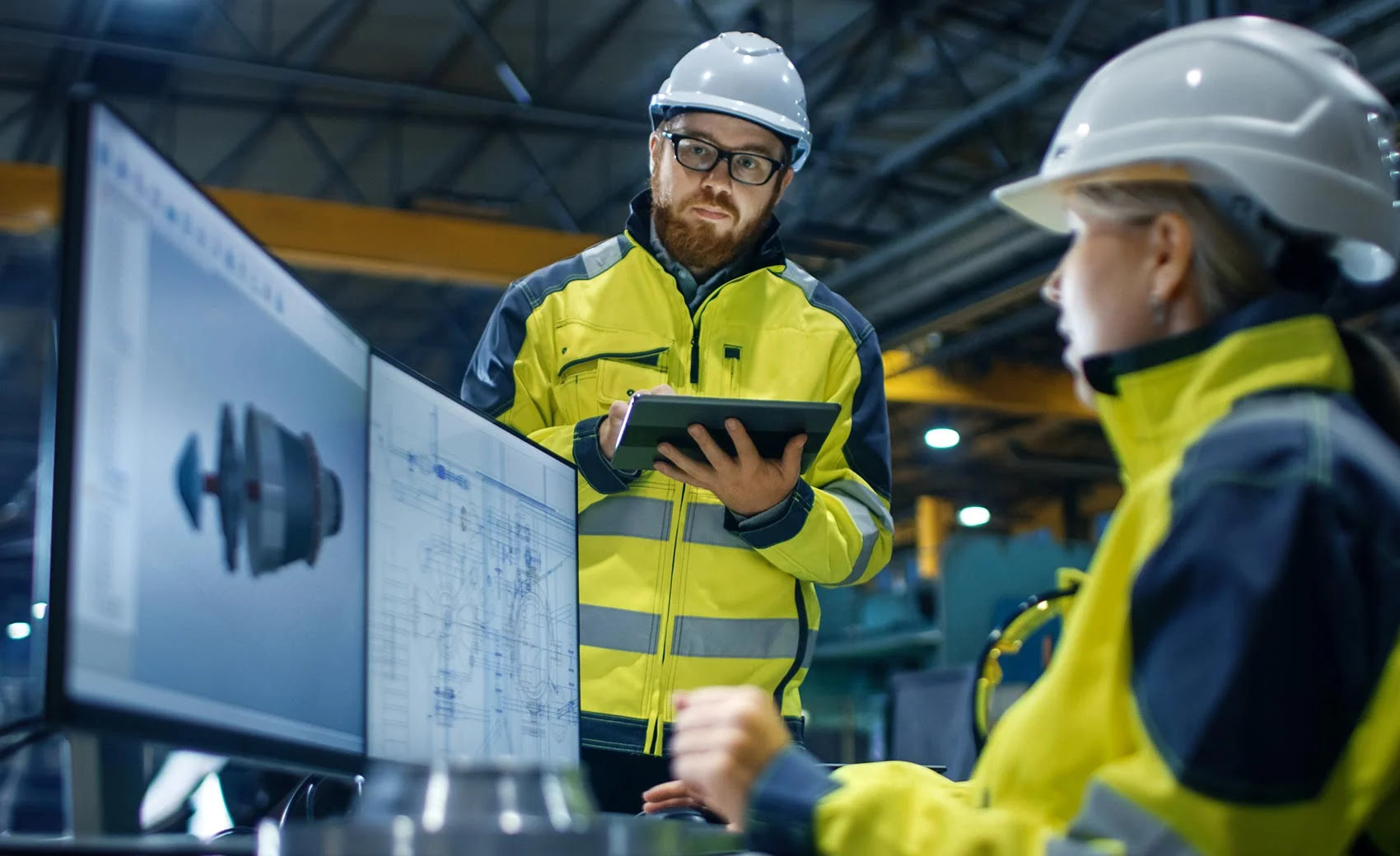

Building & Construction
What Is AI In Construction
Modified: December 7, 2023
Discover the role of AI in building construction and how it is revolutionizing the industry. Learn how AI technology is streamlining processes, increasing efficiency, and improving safety.
(Many of the links in this article redirect to a specific reviewed product. Your purchase of these products through affiliate links helps to generate commission for Storables.com, at no extra cost. Learn more)
Introduction
Welcome to the world of construction, where innovation and technology are continually reshaping the landscape. From the use of advanced machinery to the implementation of cutting-edge materials, the industry has seen tremendous advancements over the years. One such technological marvel that is revolutionizing construction practices is Artificial Intelligence (AI).
AI, a branch of computer science, involves the development of intelligent machines that possess the ability to learn, reason, and make decisions, similar to humans. It encompasses various aspects such as machine learning, natural language processing, computer vision, and robotics. AI is no longer confined to science fiction; it has become a reality in numerous industries, including construction.
With its vast potential, AI is being employed in construction to streamline processes, enhance safety, improve efficiency, and drive innovation. This article explores the applications of AI in construction, the benefits it offers, the challenges it poses, and the future of AI in the industry.
Key Takeaways:
- AI in construction revolutionizes safety, efficiency, and project success. From project planning to equipment automation, AI enhances processes and drives innovation, while human expertise remains crucial for industry advancement.
- The future of AI in construction promises advanced robotics, autonomous vehicles, and predictive analytics. As AI technologies evolve, they will integrate with human ingenuity to shape a more sustainable and innovative construction landscape.
Read more: What Kind Of AI Is Alexa?
What is AI?
Artificial Intelligence, often abbreviated as AI, refers to the development of intelligent machines that can perform tasks that would typically require human intelligence. These machines are designed to simulate human cognitive functions, such as problem-solving, learning, decision-making, and perception.
AI is built upon several key technologies, including machine learning, natural language processing, computer vision, and robotics. Machine learning allows AI systems to learn from and adapt to data inputs, enabling them to improve their performance over time. Natural language processing allows AI to understand and respond to human language, while computer vision enables AI systems to analyze visual content. Robotics plays a crucial role in physical tasks, where AI-powered machines can automate processes.
AI can be categorized into two types: narrow AI and general AI. Narrow AI, also known as weak AI, refers to AI systems that are designed for specific tasks and have a limited scope of intelligence. These systems excel in a particular area, such as speech recognition or image processing. On the other hand, general AI, also known as strong AI, refers to AI systems that possess human-level intelligence and can handle a wide range of tasks. General AI is still largely in the realm of science fiction and remains an ongoing area of research.
In the context of construction, AI offers immense potential to revolutionize the industry. By harnessing the power of AI technologies, construction companies can optimize their processes, mitigate risk, improve productivity, and deliver projects more efficiently.
AI Applications in Construction
The use of AI in the construction industry is increasing rapidly, leading to significant improvements in various aspects of the construction process. Here are some key applications of AI in construction:
- Project Planning and Design: AI can analyze vast amounts of data and provide valuable insights for project planning and design. By taking into account factors such as site conditions, building codes, and environmental considerations, AI can generate optimized construction plans and designs, reducing costs and enhancing efficiency.
- Construction Safety: Safety is a paramount concern in construction. AI can help mitigate safety risks by analyzing sensor data from construction sites to identify potential hazards and unsafe conditions. AI-powered systems can alert workers and supervisors in real-time, preventing accidents and ensuring a safer working environment.
- Quality Control and Inspection: AI can automate the inspection process by using computer vision to detect defects, anomalies, and deviations in construction materials, structures, and installations. This not only saves time but also improves the overall quality of the construction project.
- Construction Equipment and Automation: AI can optimize the use of construction equipment by analyzing data on equipment usage, maintenance schedules, and performance. This enables proactive maintenance, reduces downtime, and enhances productivity. Additionally, AI-powered robots and autonomous vehicles can perform repetitive tasks, such as bricklaying or site cleanup, with precision and speed.
- Resource Optimization: AI can analyze data on material usage, energy consumption, and resource allocation to identify areas for improvement and optimize resource utilization. This helps reduce waste, minimize costs, and promote sustainability in construction projects.
These are just a few examples of how AI is transforming the construction industry. With ongoing advancements in AI technologies, we can expect to see even more innovative applications that will revolutionize construction practices and reshape the industry.
Benefits of AI in Construction
The integration of AI in the construction industry brings a multitude of benefits that enhance productivity, safety, and efficiency. Here are some of the key advantages of using AI in construction:
- Improved Safety: AI-powered systems can analyze data from sensors and cameras to identify potential safety hazards in real-time. This helps prevent accidents, ensuring a safer working environment for construction workers.
- Enhanced Efficiency: AI can automate time-consuming and repetitive tasks, such as data analysis, project scheduling, and equipment maintenance. By eliminating manual processes, AI enables construction teams to focus on higher-value activities, improving overall project efficiency.
- Optimized Resource Management: AI can analyze data on material usage, energy consumption, and resource allocation to identify areas for optimization. This results in reduced waste, improved resource utilization, and cost savings.
- Better Project Planning and Design: AI can process vast amounts of data and generate optimized plans and designs based on various parameters. This leads to more accurate project planning, reducing the risk of cost overruns and delays.
- Enhanced Quality Control: AI-powered computer vision systems can detect defects, anomalies, and deviations in construction materials and structures. This ensures that the construction meets the desired quality standards, resulting in improved project outcomes.
- Increased Collaboration: AI tools enable improved collaboration among various stakeholders in construction projects. Real-time data sharing and communication help streamline decision-making processes and foster better teamwork.
- Predictive Maintenance: AI can analyze equipment data to predict maintenance needs and potential failures. By performing proactive maintenance, construction companies can reduce downtime and improve equipment performance.
These benefits are driving the adoption of AI in construction, as companies recognize the value it brings in terms of cost savings, time efficiency, and overall project success. As AI technologies continue to advance, we can expect to see even greater benefits and innovations in the construction industry.
Tip: AI in construction can be used for project scheduling, safety monitoring, and quality control. Look for AI solutions that can help streamline processes and improve efficiency on construction sites.
Challenges and Limitations of AI in Construction
While the integration of AI in construction offers numerous benefits, there are also several challenges and limitations that need to be addressed. Here are some of the key challenges and limitations of AI in construction:
- Data Availability and Quality: AI relies on large amounts of high-quality data to train and improve its algorithms. However, in the construction industry, data availability and quality can be a challenge. Data collection and standardization processes need to be improved to ensure the accuracy and reliability of AI systems.
- Integration with Existing Systems: Integrating AI technologies with existing systems and processes can be complex and require substantial resources. Compatibility issues, data transfer, and training employees on new AI tools are factors that need careful consideration during implementation.
- Initial Investment and Cost: Implementing AI technologies in construction requires a significant initial investment. Companies need to weigh the potential long-term benefits against the upfront costs associated with acquiring and implementing AI systems.
- Regulatory and Legal Concerns: AI applications in construction may raise regulatory and legal concerns, such as liability for AI-driven decisions and potential job displacement. Clear guidelines and regulations are needed to navigate these concerns and ensure ethical and responsible use of AI in construction.
- Human Expertise and Collaboration: While AI can automate certain tasks, human expertise and collaboration remain crucial in construction. Human intuition, creativity, and problem-solving skills cannot be fully replaced by AI systems. Construction professionals need to work alongside AI systems to leverage their capabilities effectively.
- Ethical Considerations: As AI becomes more prevalent in construction, ethical considerations need to be carefully addressed. Issues such as privacy, bias in algorithms, and the ethical implications of AI-powered decision-making need to be addressed to ensure the responsible and fair use of AI in construction.
Overcoming these challenges requires collaboration between industry stakeholders, policymakers, and technology providers. By addressing these limitations, AI can be effectively implemented in the construction industry, leading to transformative outcomes.
Read more: What Is Pre-Construction In Construction
Future of AI in Construction
The future of AI in construction is promising, with the potential to reshape the industry in profound ways. Here are some key areas where AI is expected to have a significant impact:
- Advanced Robotics: AI-powered robots will become more prevalent in construction. These robots will be capable of performing complex tasks, such as bricklaying, welding, and assembly, with speed, precision, and efficiency. This will enhance productivity and reduce labor-intensive work.
- Autonomous Vehicles: AI will play a crucial role in advancing autonomous vehicles within the construction industry. Self-driving trucks, excavators, and drones will become commonplace, improving efficiency, safety, and precision in construction operations.
- Augmented Reality (AR) and Virtual Reality (VR): AI will enhance the capabilities of AR and VR technologies, providing immersive and interactive experiences in construction projects. This will enable better planning, visualization, and collaboration among project stakeholders, resulting in improved communication and decision-making.
- Predictive Analytics: AI algorithms will increasingly analyze construction data to provide predictive insights. This will enable companies to anticipate project challenges, prevent delays, and optimize resource allocation. Predictive analytics will also enhance risk management, enabling proactive measures to mitigate risks and avoid costly issues.
- Natural Language Processing (NLP): NLP technologies will enable the construction industry to interact with AI systems using natural language commands. Construction professionals will be able to easily access information, generate reports, and make data-driven decisions through voice and text interfaces.
- Life-Cycle Management: AI will help optimize the entire life-cycle of construction projects, from design and construction to operation and maintenance. AI technologies will enable better asset management, energy efficiency, and sustainability throughout the life of a building or infrastructure.
The future of AI in construction is characterized by increased automation, improved efficiency, and enhanced safety. As AI technologies continue to advance and become more sophisticated, we can expect a higher level of integration and utilization across various construction processes and operations.
However, it’s important to note that while AI will bring significant advancements, human expertise and collaboration will remain crucial in the construction industry. Combining the capabilities of AI with human ingenuity and creativity will drive innovation and ultimately shape the future of construction.
Conclusion
The integration of Artificial Intelligence (AI) into the construction industry is transforming the way projects are planned, designed, and executed. AI technologies, such as machine learning, natural language processing, computer vision, and robotics, have immense potential to enhance safety, efficiency, and productivity in construction operations.
AI is being applied in various areas within construction, including project planning and design, construction safety, quality control and inspection, equipment automation, and resource optimization. These applications enable companies to streamline processes, improve decision-making, and deliver projects more effectively.
While AI in construction offers numerous benefits, there are challenges and limitations that need to be addressed. Ensuring data availability and quality, integrating AI with existing systems, managing initial investment costs, and navigating regulatory and ethical considerations are some of the key areas that require attention.
The future of AI in construction is promising, with advancements expected in areas such as advanced robotics, autonomous vehicles, augmented reality, predictive analytics, and life-cycle management. These developments will further enhance construction processes, productivity, and sustainability.
However, it’s important to remember that AI is not meant to replace human expertise and collaboration. Construction professionals will continue to play a crucial role in leveraging AI technologies to their fullest potential, combining their skills and knowledge with AI systems to drive innovation within the industry.
In conclusion, the integration of AI in construction is revolutionizing the industry, enabling construction companies to achieve greater efficiency, safety, and project success. With ongoing advancements and careful consideration of the challenges and limitations, AI has the potential to reshape the construction landscape and lead to a more sustainable and innovative future.
Frequently Asked Questions about What Is AI In Construction
Was this page helpful?
At Storables.com, we guarantee accurate and reliable information. Our content, validated by Expert Board Contributors, is crafted following stringent Editorial Policies. We're committed to providing you with well-researched, expert-backed insights for all your informational needs.
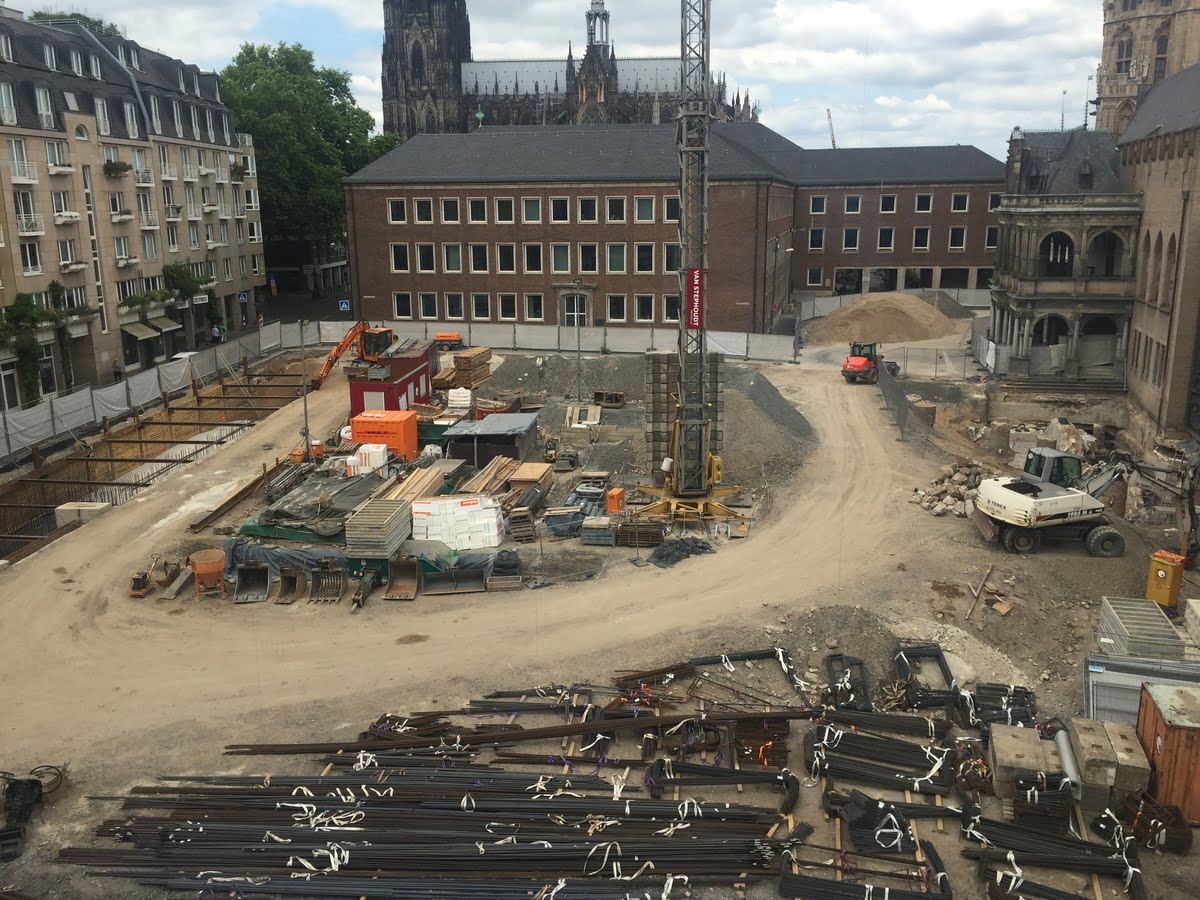
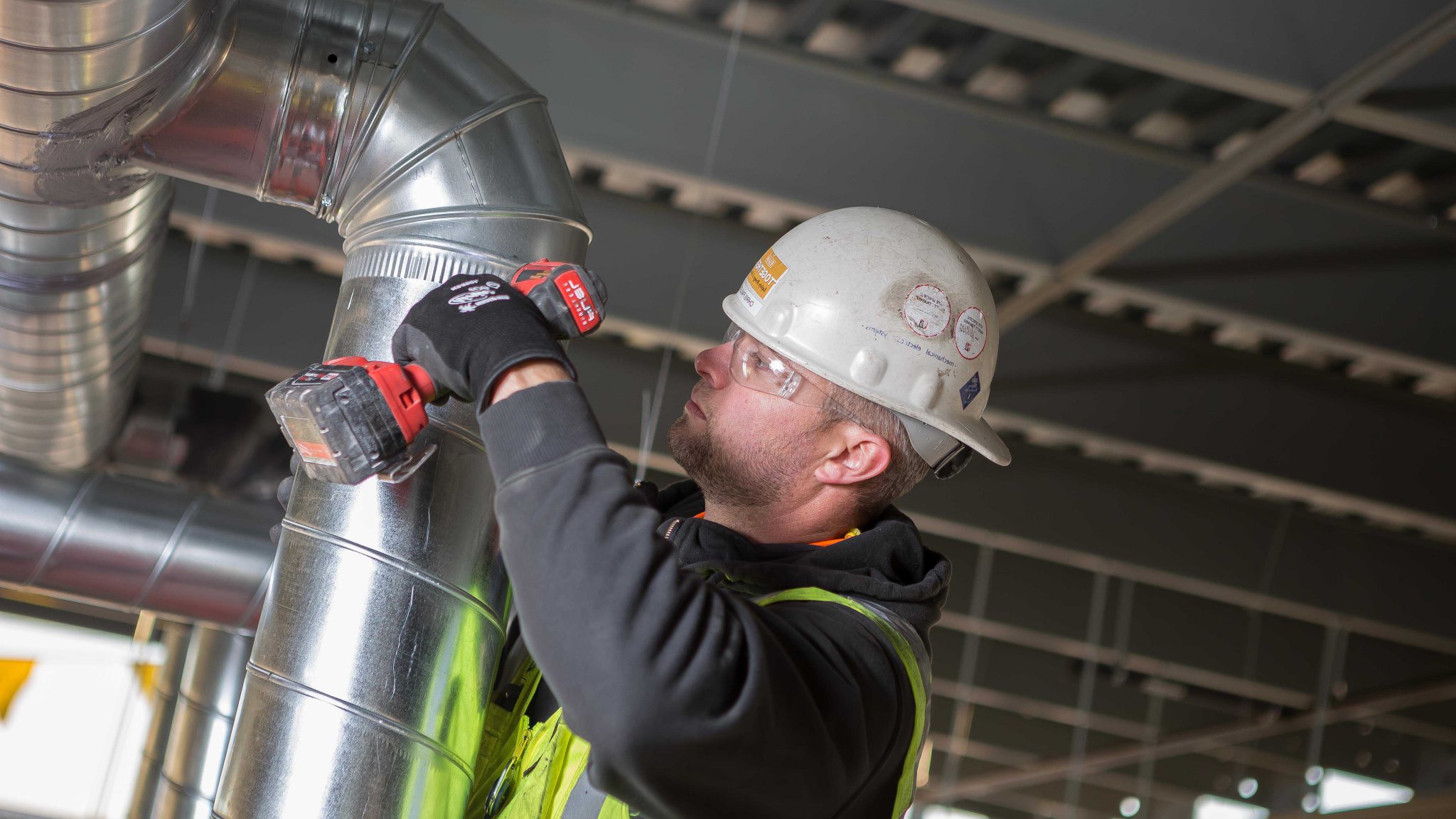
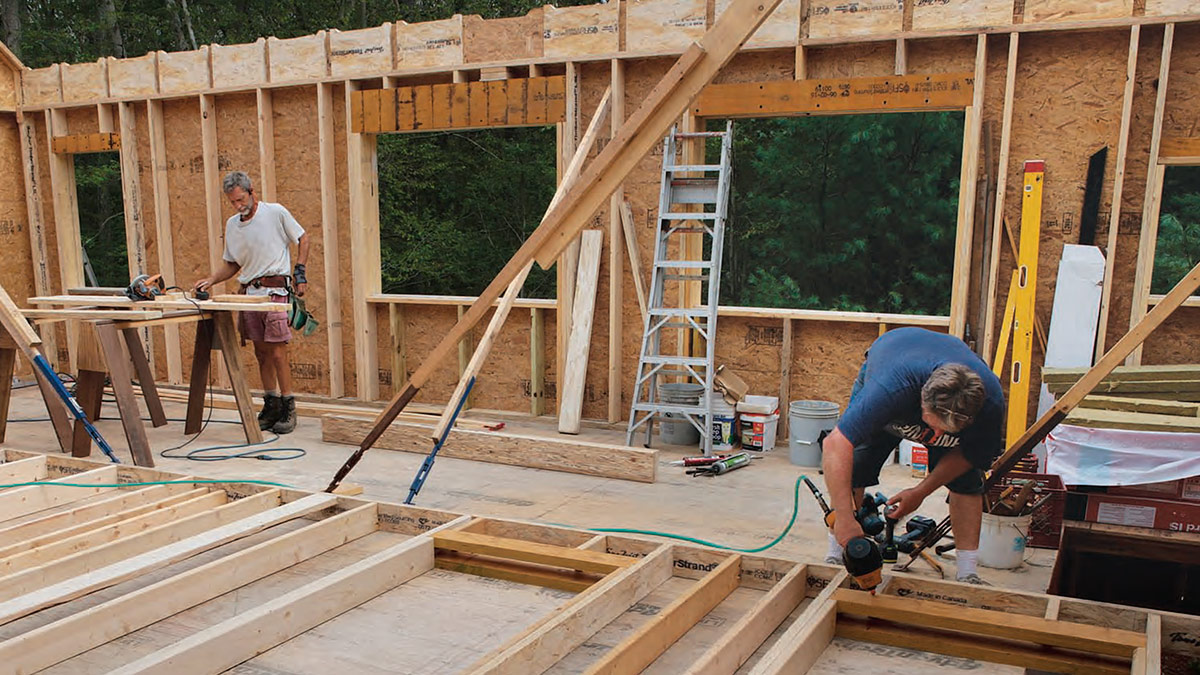
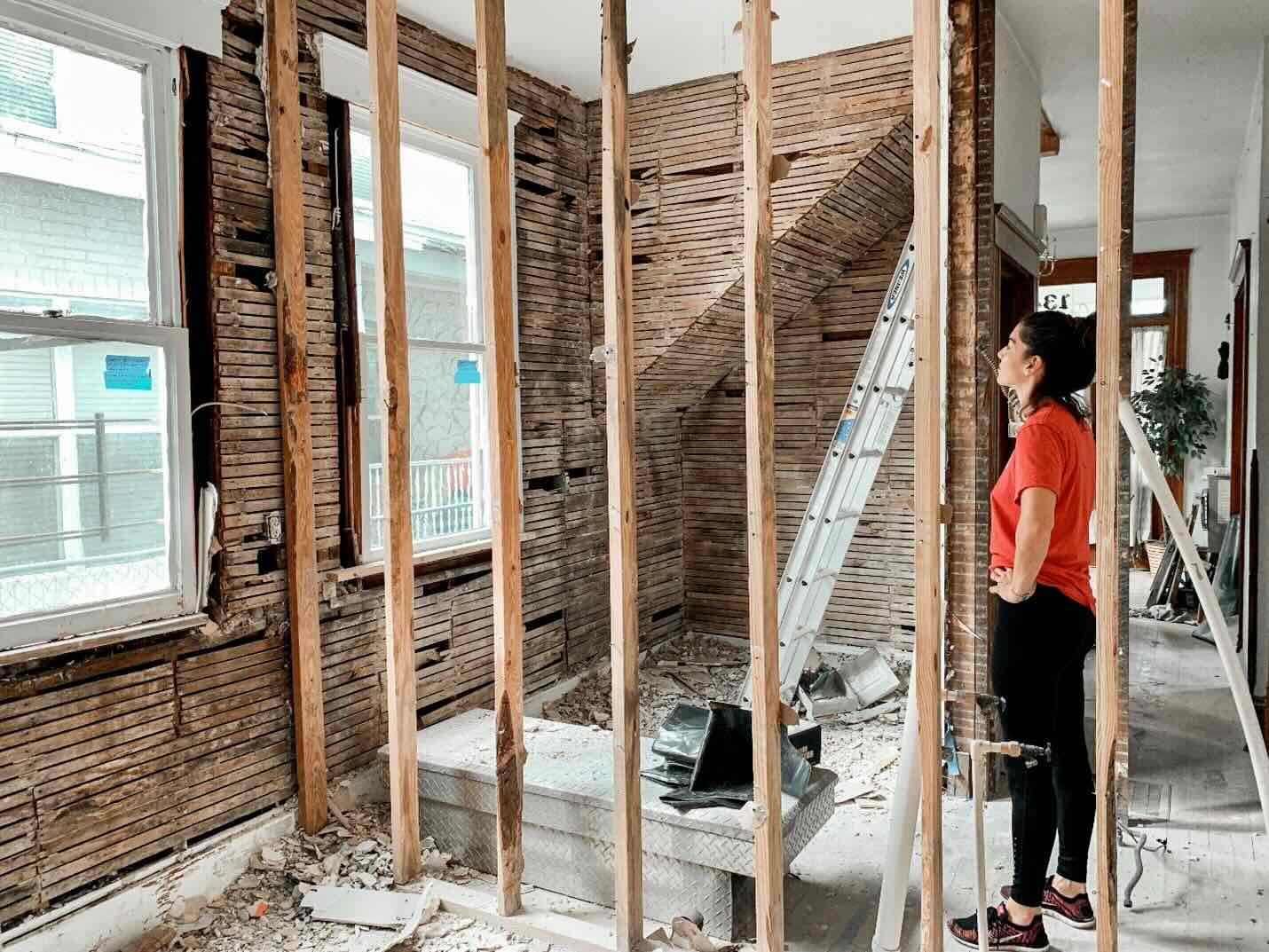
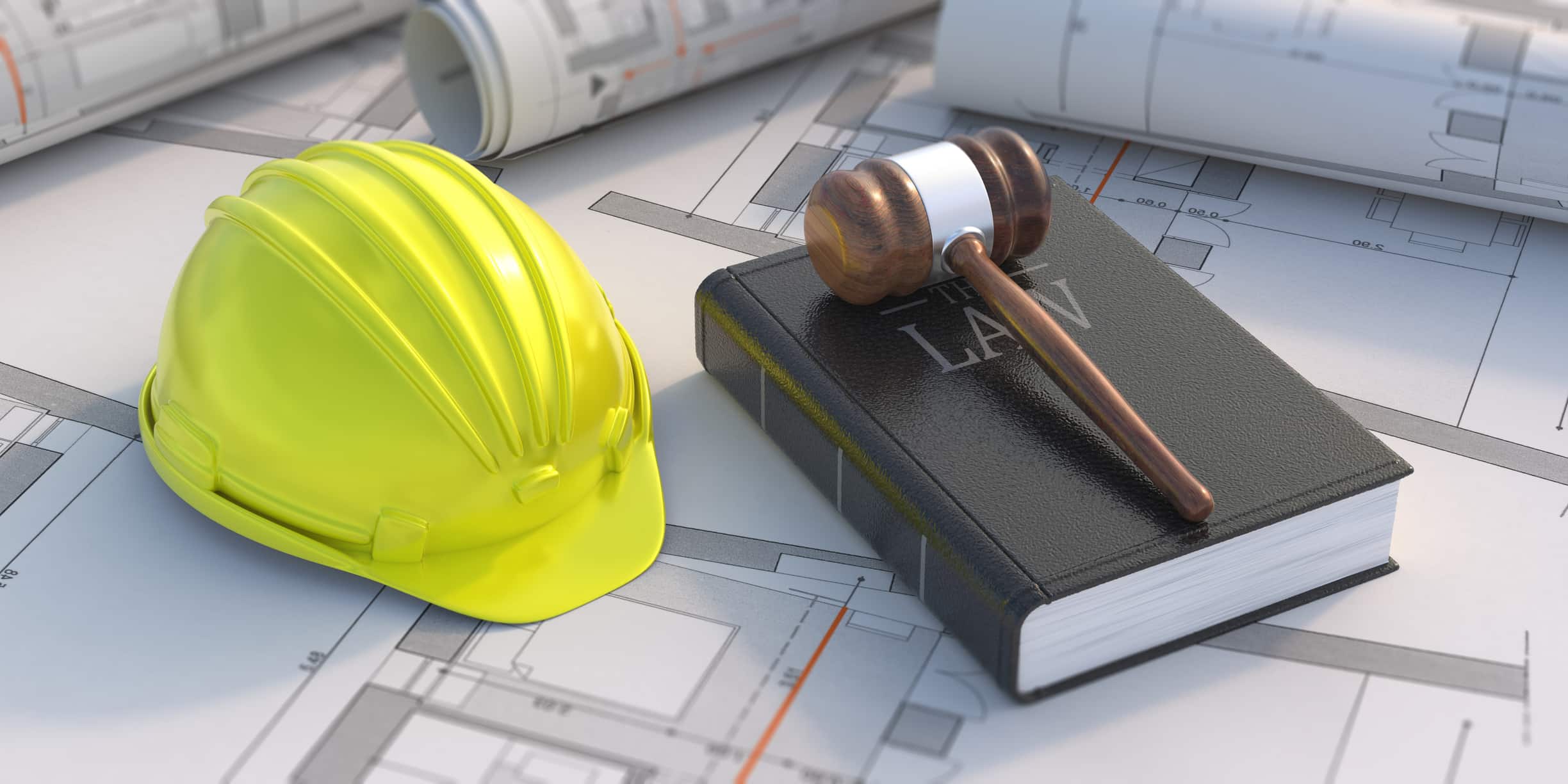

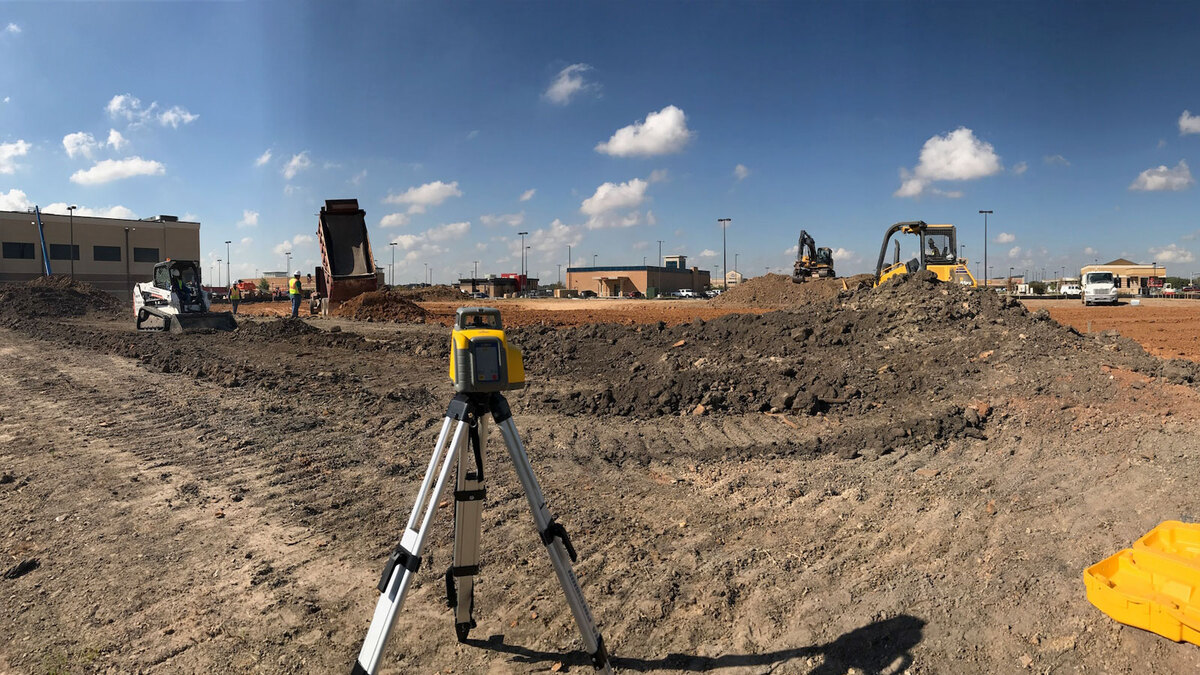
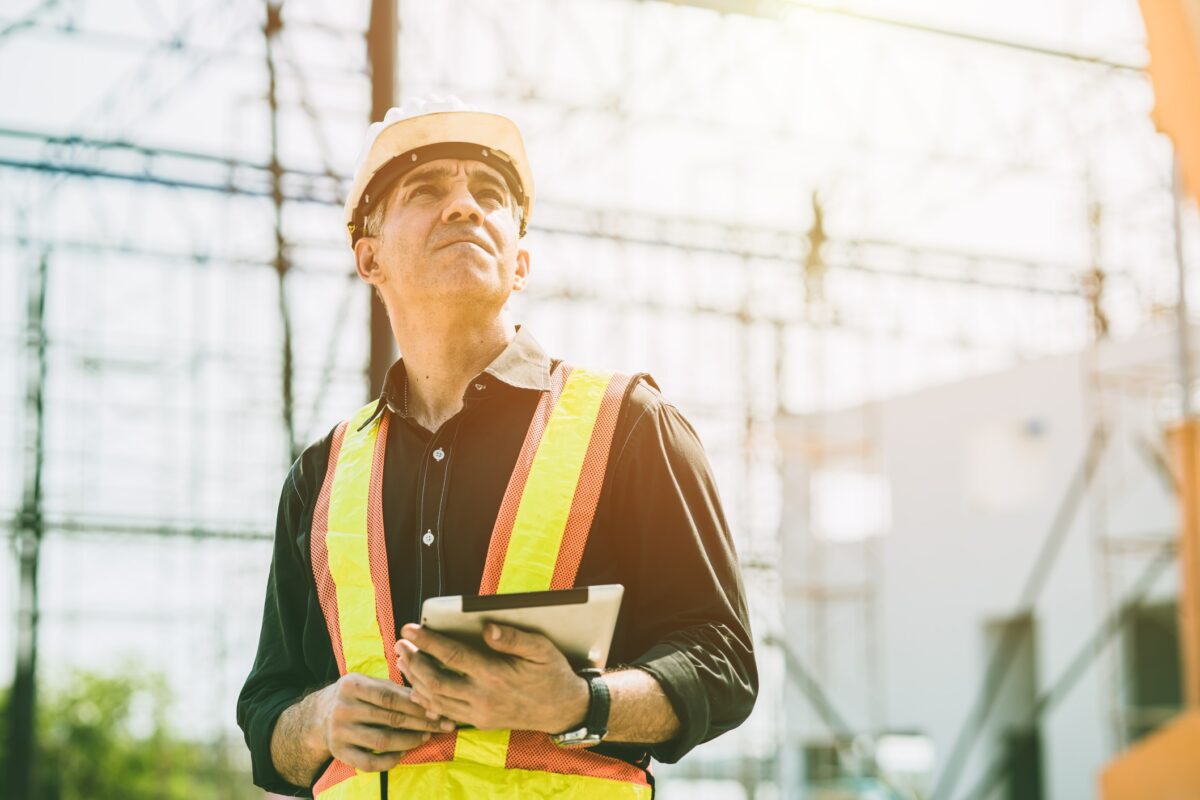
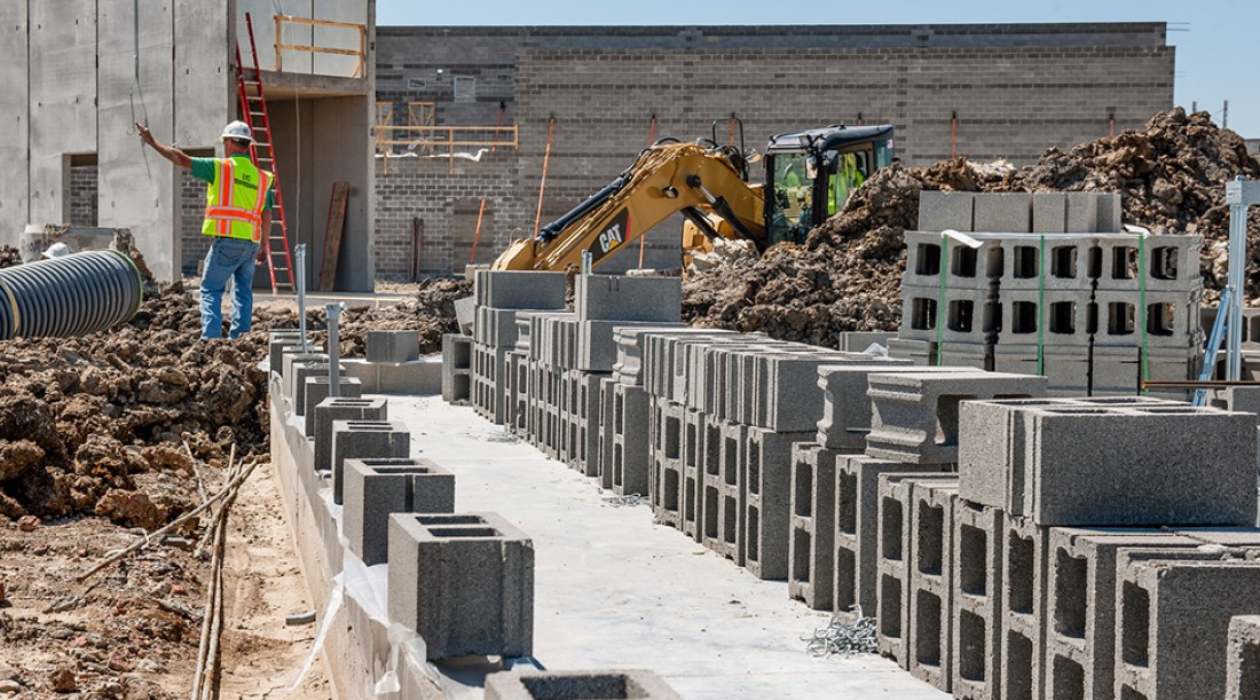
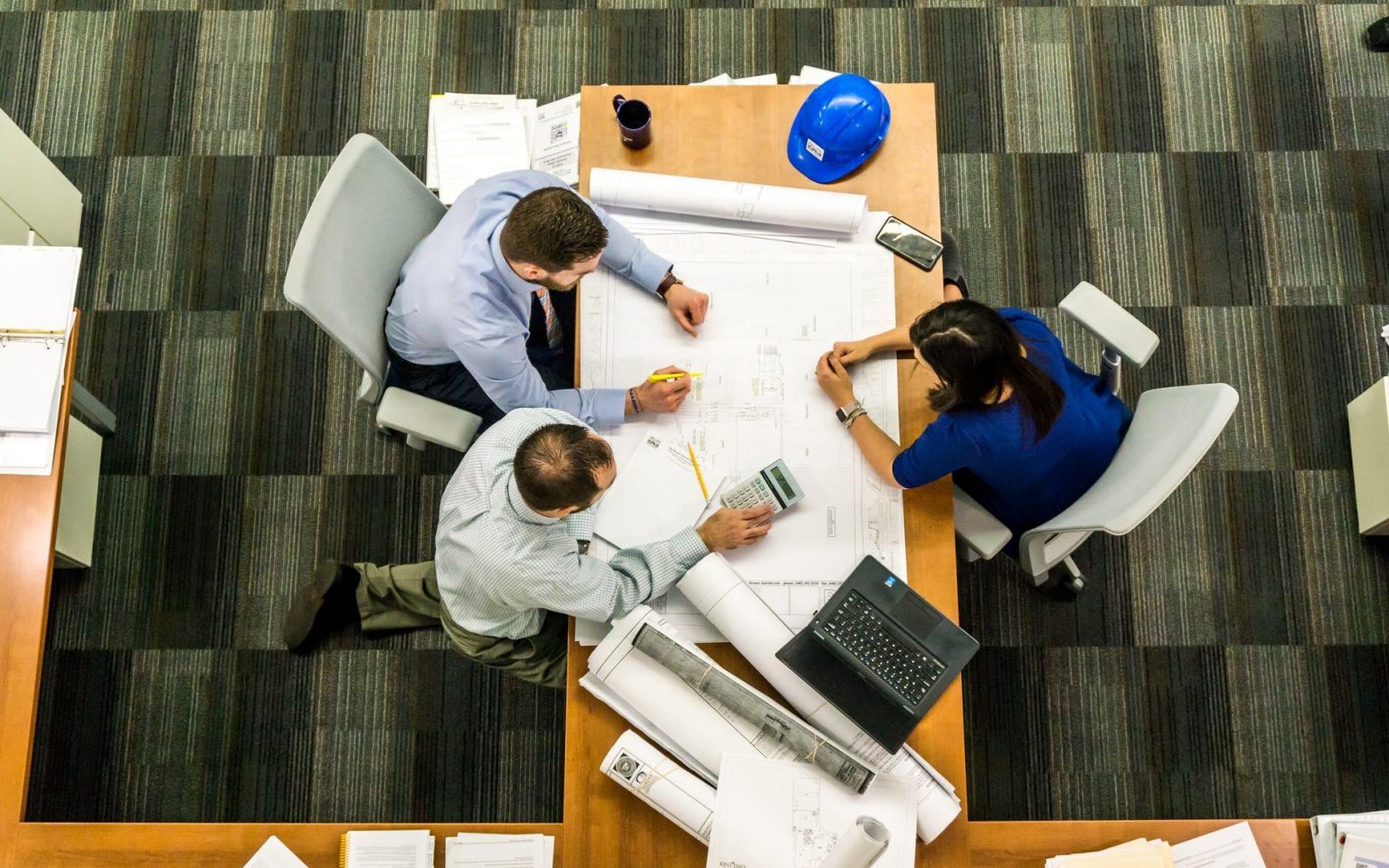
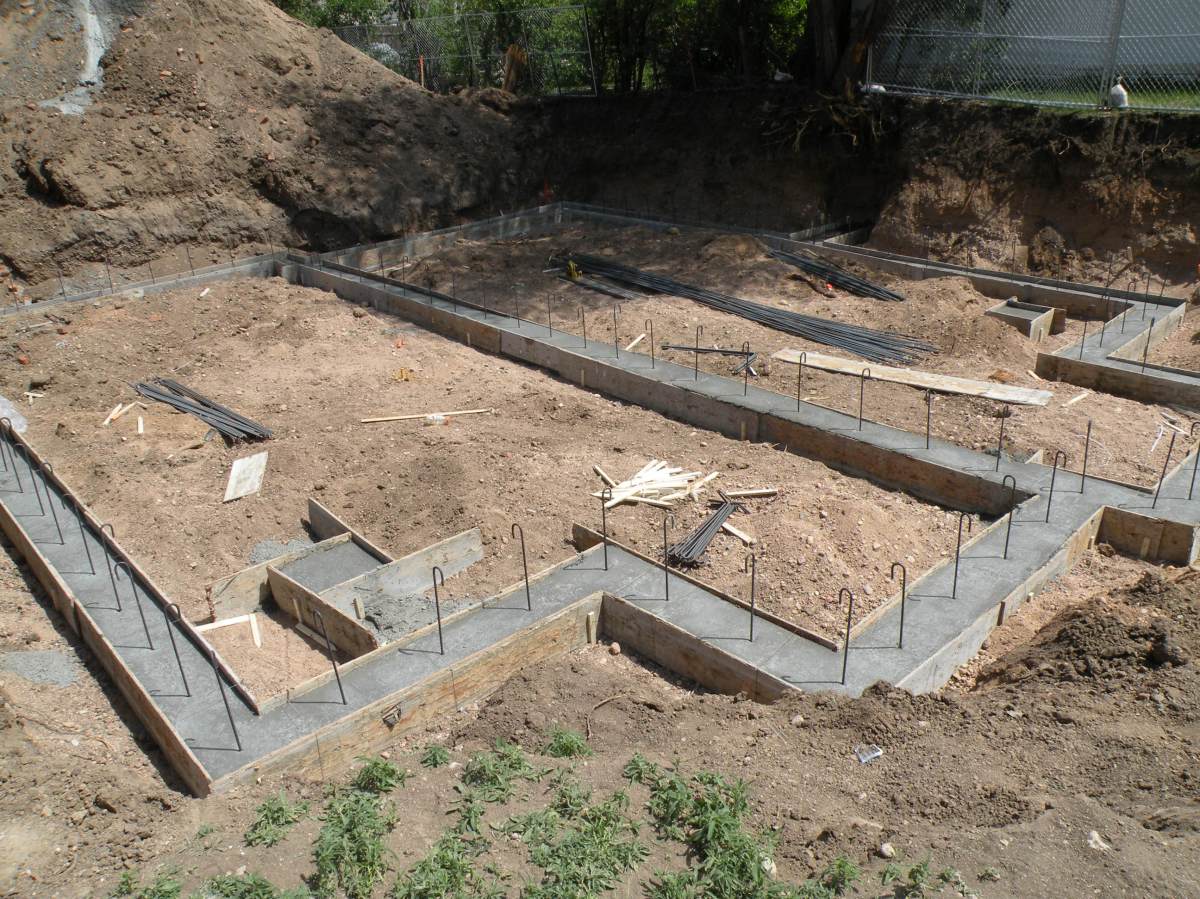
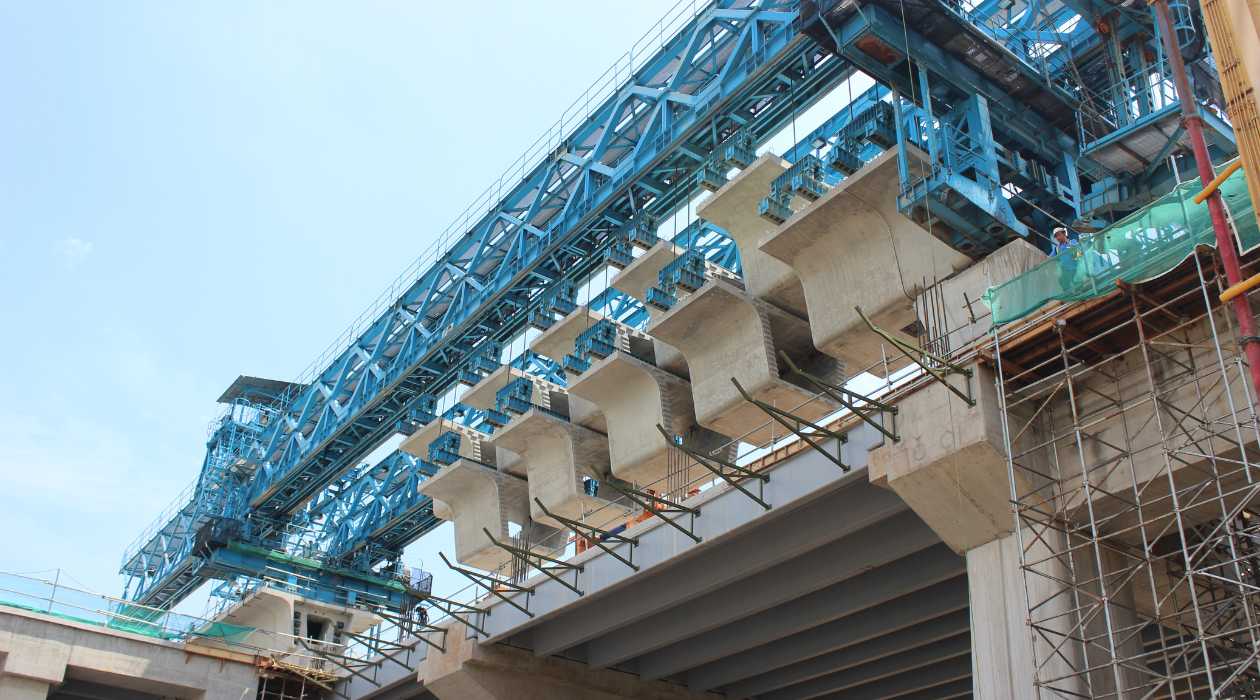
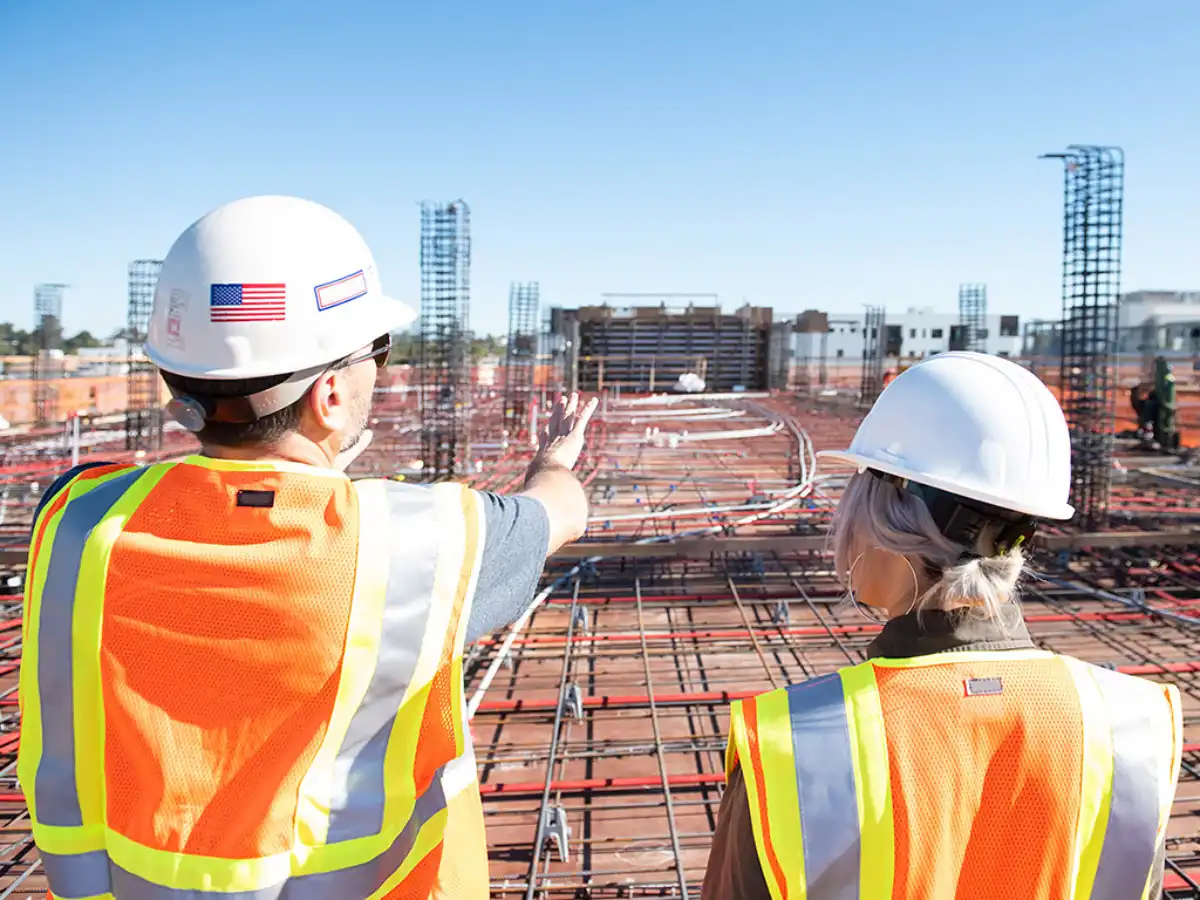


0 thoughts on “What Is AI In Construction”